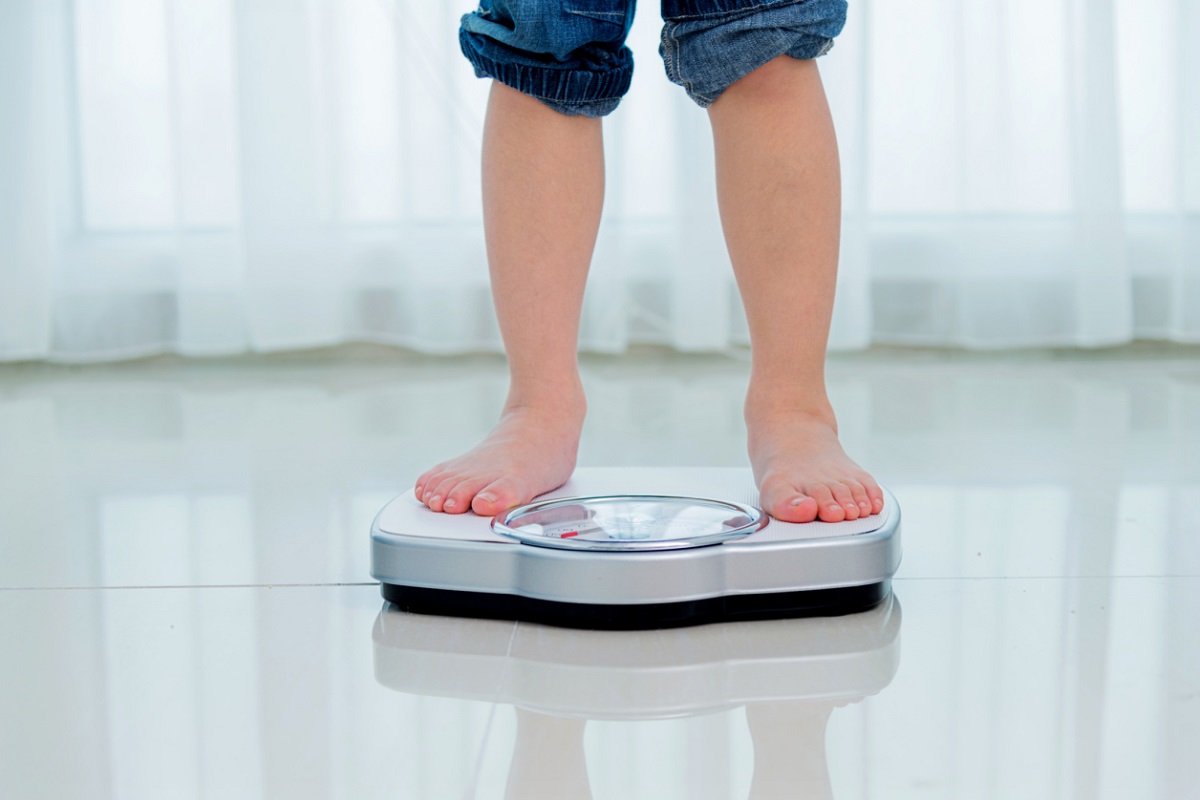Children internalize beliefs and attitudes about themselves from an early age, much of which is attributed to parents beliefs and attitudes about themselves. If a child is hearing their mother or father complain about weight, size, or shape, the child then believes that they too need to worry about their own outward appearance. According to the National Eating Disorder Association, 40-60% of elementary school girls, aged 6-12, are concerned about their weight and body image. This concern continues throughout life, especially when young girls and boys begin puberty. Not to mention, your hormones are out of control which only makes you more susceptible to being affected by negative body-image comments.
Now imagine, or perhaps you did experience this, your mother and/or father often speaking negatively about their own body, weight, size, or even your own. What does this tell you? It tells young women and men that their body needs to look a certain way in order to be happy, respected, well-liked, and thus his or her own self-worth.
Eating disorder or not, we all have body image issues of some sort with varying degrees of severity. How we deal with these issues can make all the difference in your own life and in return your child’s life. Modeling healthy behaviors and attitude about weight for your child is critical in their development of internalized beliefs and attitudes about themselves. This begins at a very early age, as this is not just a mental health issue for teenage girls that develops overnight. Here are some tips that can help in building positive self-esteem for your child:
- Avoid negative comments on your own outward appearance in front of your child
- Avoid “diet talk” in front of your child. It is ok to want to lose weight, live a healthier lifestyle, or work out! It becomes harmful when the focus is just on weight and appearance and making the food the culprit for body-image issues.
- Incorporate “healthy food and exercise talk”.
- Avoid saying “I can’t eat that. It will make me fat” as it teaches children that being “fat” makes you unlikable thus, that food will make me unlikable.
- Change the conversation from “I (or we) need to go on a walk to burn off those calories” to “Want to go on a walk? It’s nice outside.”
- Make exercise more about how it gives you energy and makes you feel good instead of a task to burn calories and look a certain way
- Avoid comments about others weight, shape, or size, if it is losing weight or gaining weight
- “You look great, did you lose weight?” can tell children that losing weight or being “skinny” makes you “look great” and again more likable.
- In addition, it is not helpful to comment when someone has gained weight, even if it is coming from a loving place. Most times than not, people know when they have “gained weight” — you don’t have to tell them! I find this more when young adults go to college and parents are concerned with their eating and exercise habits.
- Stop body comparing
- Practice self-acceptance. This is a hard one that takes time, but more than worth it!
You are allowed to feel however you feel about your body! Talk to someone who can support you to be your best self when having self-doubt and/or body image issues that are causing distress. Talk to a therapist, dietitian, or a supportive friend/family member who can offer understanding. If you or someone you love is suffering from an eating disorder, disordered eating, and/or body image concerns contact Eating Disorder Solutions for a free consultation.
Authored by Emily Baum, M.S., RDN, LD



